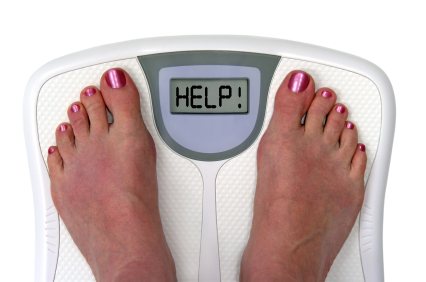Could Holiday Stress Impact Your Health?
Life gets complicated around the holidays; we tend to overbook our social schedules to squeeze in as many events as possible. Although it is intended to be fun, sometimes there is an underlying pressure to create the perfect holiday ambiance, which can cause more stress than enjoyment.
Stress can upset your thyroid gland in complicated and profound ways. New research shows that the effects of stress on your thyroid can be long-lasting and hinder your resilience (your ability to recover from trauma).
One study found that women who had experienced











